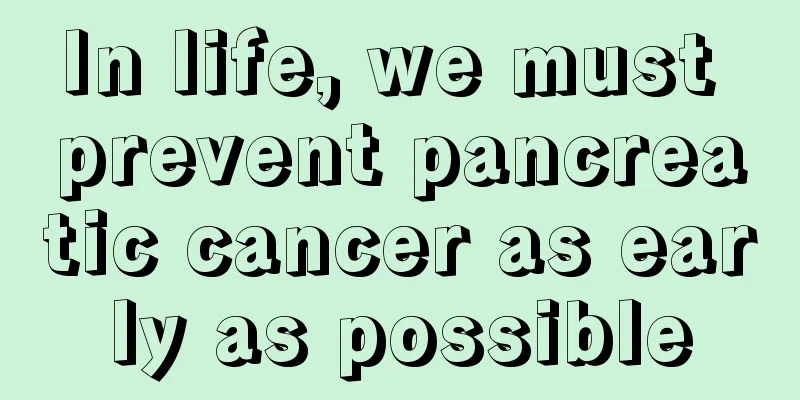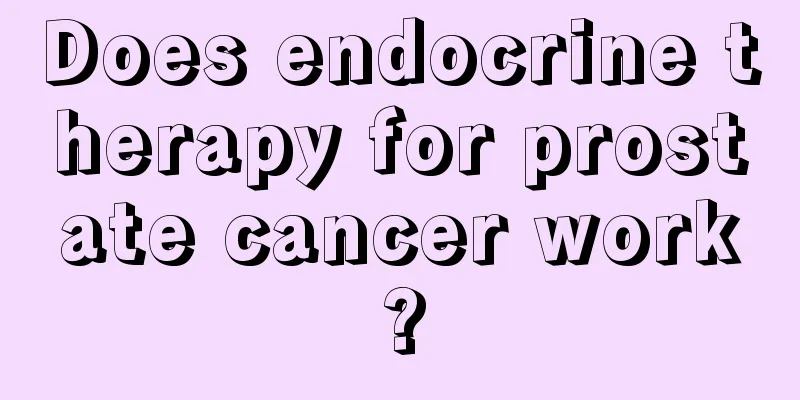What should I do if the echo of bilateral thyroid gland is uneven

|
Some people find that the size of their bilateral thyroid glands is normal and the capsule is intact, but the surface is not smooth and the internal echo is uneven. After the doctor's analysis of the condition, it is possible that they have hyperthyroidism with thyroid nodules. Generally, the population affected is over 50 years old, and most of them are women. This disease has an impact on fertility and sexual function, so it must be treated in time. So how should it be treated? It often occurs in patients over 50 years old who have had multinodular goiter for many years, and is several times more common in women than in men. Its clinical manifestations are slightly different from GRAVES disease. Most of these patients have a slow onset of illness and a mild condition, often manifested by weight loss and fatigue. A small number of patients suddenly develop hyperthyroidism after taking iodine. This may be due to the older age of the patients, common and prominent cardiovascular symptoms, and the susceptibility to myocardial damage, including tachycardia, atrial fibrillation, angina pectoris, and heart failure, which may result in a poor response to digoxin treatment. Some patients may experience weight loss, sweating, and tremors. Neuropsychiatric symptoms are rare, but may include obvious mood instability, anxiety, and insomnia. Most patients have severe goiter, which is often asymmetrical on both sides and often extends behind the sternum, often causing compression symptoms. Multiple nodules can be felt in the thyroid gland. Patients do not have exophthalmos, but may have eyelid contracture: there is no pretibial myxedema. If the patient has infiltrative exophthalmos, GRAVES disease should be considered. If the echo of both sides of the thyroid gland is uneven, it means hyperthyroidism with thyroid nodules. There are currently three main treatments for hyperthyroidism in China: drug therapy, radioactive iodine (iodine 131) therapy and surgical treatment. 1. Drug treatment is the first choice for all types of hyperthyroidism. Regular Western medicine treatment of hyperthyroidism can be divided into the initial treatment period, the reduction period and the maintenance period. The entire course of the disease is about 1-2 years. Regular tests are required during the course of the disease, and the medication is adjusted according to the test results. Western medicine treatment alone is prone to relapse. Combining Chinese medicine treatment can reduce side effects and improve the cure rate. It is recommended to use a combination of Chinese and Western medicine. 2. The advantage of radioactive iodine (iodine 131) treatment is that it works quickly, and generally obvious results can be seen in 3-6 months. The disadvantage is that it can easily cause lifelong hypothyroidism and requires lifelong medication. According to statistics, more than 60% of patients who use iodine-131 will develop lifelong hypothyroidism within 5 years. It is currently believed that iodine-131 has a certain impact on fertility. Therefore, it is currently believed that iodine-131 treatment should only be considered for patients who have already given birth and are unwilling or unable to undergo surgery after drug treatment has failed. 3. Surgical treatment is generally not easily adopted, because there are left and right common carotid arteries, superior laryngeal and recurrent laryngeal nerves, parathyroid glands, trachea and esophagus, etc. next to the thyroid gland. Any carelessness may cause life-threatening danger. It is generally only used when the goiter is huge and seriously affects normal work and life or there is a possibility of cancer. The echo of both thyroid glands is uneven. The first thing to do is to diagnose the cause and then provide targeted treatment. The current detection method is B-ultrasound, which is mainly used to check the imbalance of glandular accumulation in the human body and whether it is related to the uneven intake of iodine-containing foods. Of course, each doctor looks at different indicators, so it is recommended to go to a regular hospital, where the effect will be more accurate. |
<<: What is the daily protein intake?
>>: Is dysmenorrhea a disease?
Recommend
How do patients with fibroids perform self-exercise
Many patients with fibroids are particularly dist...
Question: Can lymphoma be cured?
Can lymphoma be cured? This is a question that ma...
What is chicken breast
What is pigeon chest? Many people may say that it...
What is the reason for snoring frequently when sleeping
There are many reasons for snoring when sleeping,...
What are the pros and cons of tampons
In China, sanitary napkins are the most commonly ...
What foods are good for hair growth
If you want your hair to grow darker and shinier,...
Can honey be added to mung bean paste
Mung bean paste is a kind of food that many peopl...
What is the cause of skin cancer
The best time to treat cancer is in the early sta...
How to read the acidity and alkalinity with pH test paper
When I was studying chemistry in junior high scho...
Garlic cures foot odor
When winter comes, many people start to worry abo...
Is there a big difference between periodontal treatment and teeth cleaning?
Dental health is very important, which requires p...
Can I wear henna while pregnant?
Pregnant women are people we need to pay more att...
Are foreign men really good?
When it comes to men, do women prefer the mighty ...
How to regulate the excessive internal heat?
In life, we often get blisters on our lips and pi...
The role of phosphoenolpyruvate
Phosphoenolpyruvate is a relatively common bioche...









